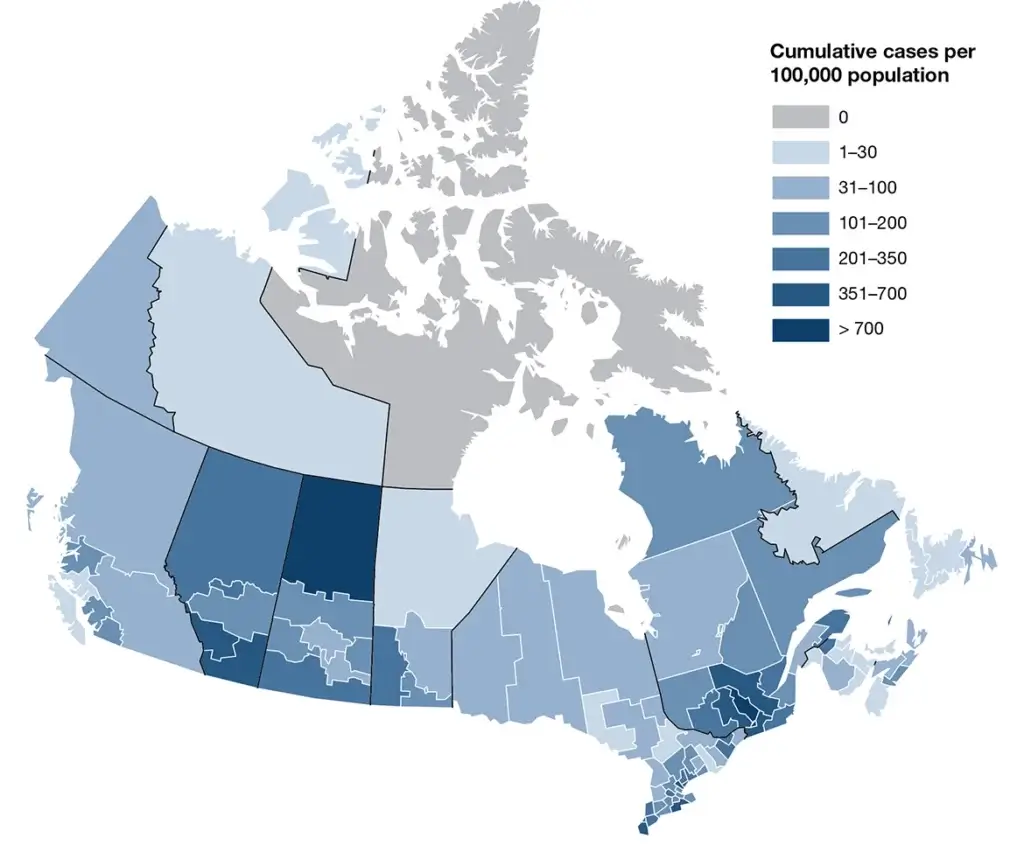Canada COVID-19 measures have reignited a national debate over the balance between public safety and individual liberty. During the pandemic, governments across provinces implemented strict lockdowns, vaccine mandates, and gathering restrictions.
These actions were justified in the name of public health, but many Canadians believe they came at the expense of fundamental rights guaranteed under the Charter of Rights and Freedoms. The Charter, once considered untouchable, was quickly sidelined.

Protesters were labeled extremists. Churches were shut down. Unvaccinated citizens were barred from travel and even certain types of employment. For many, this wasn’t just a health response—it felt like a collective decision to punish dissenters.
Canada COVID-19 policies made it clear: the mob, empowered by fear, decided when rights could be suspended. Courts often upheld these measures, arguing that emergencies justified the infringement. But this raises a troubling question: If constitutional rights disappear during a crisis, are they truly rights—or temporary privileges?
Supporters defend the government’s choices, pointing to reduced hospitalizations and death rates. They argue that “the greater good” demanded sacrifice. But opponents counter that protecting public health should not come at the cost of democracy, free speech, or bodily autonomy.
COVID-19 may be over, but the damage to civil liberty remains. Canada must now confront a crucial challenge: how to ensure that future emergencies do not justify blanket suppression of rights. The Charter should be a shield, not a suggestion—especially in times of crisis.



